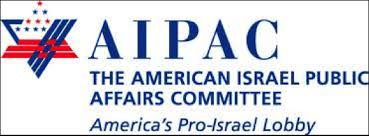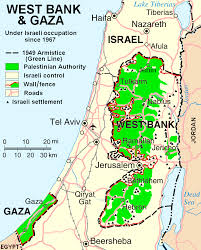A Pesach Wine Primer

As many are beginning to discover, the image of kosher wine has evolved past the syrupy-sweet Concords of shul kiddush and your Zaidy’s Seder to one of burgeoning possibilities. Today, there are over 3,000 kosher wines on the open market, and that number is growing. Almost all of the great wine regions in the world are producing kosher wines, including France, Spain, Italy, New Zealand, Australia, California, and, yes, Israel.
Israel’s Mediterranean climate is perfectly suited for winemaking, with hundreds of wineries now putting Israel on the map as an important wine region. We find in Parshas Devarim that the fruit of the vine was one of the shiva minim, the seven species, of Eretz Yisrael. Tanach is peppered with references to wine and winemaking. So, viticulture is nothing new in Israel. In fact, archaeological digs consistently find ancient wine presses. Some have even been resuscitated into modern wineries. The story of the return of winemaking to the Land mirrors the story of the mass return of the Jewish people to Israel. But that’s another story for another time.











